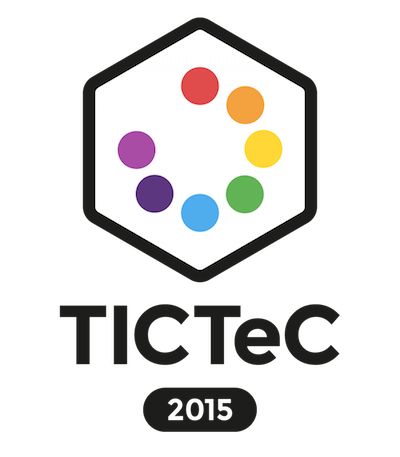A fortnight ago I had the privilege of attending AlaveteliCon 2015 in Madrid. It’s the conference about online Freedom of Information (FOI) technologies named after Alaveteli, the open source software that runs Right To Know.
Looking back it was a huge two days packed with sessions on every important aspect of running FOI request sites. While it would be impossible for me to give a recap on the whole conference, I hope to share my personal perspective in this post. As well as giving you sense of the conference it should also give you an idea of the types of topics that I’m finding particularly relevant to our current situation in Australia with Right To Know.
It’s the people
AlaveteliCon 2015 brought together over 50 people from dozens of different countries and all corners of the globe. It’s the people are always what make a conference and we’re lucky that the Alaveteli community is full of great people. Everyone candidly shared the successes, failures, frustrations, and downright hilarious moments that make up running an FOI request site. People at the conference represented sites that have hundreds of thousands of requests through to hundreds of requests, in countries with no FOI law through to countries with supposedly excellent laws.
Thank you to everyone that shared their stories at the conference. It was a powerful reminder that no matter how hard we think the struggle for access to information is in our own country, someone somewhere else in the world is facing much tougher odds. And importantly – there’s always more than one way to approach a problem to deal with those odds.
Telling war stories
The panel I was asked to participate in was about telling war stories. The conference organisers were particularly interested in hearing the extraordinary lengths a certain authority in Australia went to to avoid responding to a set of FOI requests. It was the story of the Detention Logs project.
While I shared the honest truth of the so far unsuccessful battle they’ve fought, I also wanted to point out a powerfully positive aspect of that project. By using open platforms like Alaveteli everything the project has produced so far will be a record for future generations and governments to learn from. It also means that anyone, at any time can continue and build on the work they’ve already done. In other words, by using open platforms it means that this story is far from over.
Using Alaveteli to change FOI laws for the better
The unconference session that I proposed and moderated on the second day was very popular – using sites like Alaveteli to change FOI laws for the better. Since there’s almost certainly no country in the world with perfect FOI laws it should be no surprise that this would be interesting to anyone running an FOI request site. Earlier in the conference we’d already heard that Civio and Access Info launched their Spanish FOI site before a law even existed and they successfully used the presence of their site and all its requests to advocate for the creation of an access to information law.
During the session we talked of creating a simple summary of what makes a good access to information law. Such as prompt and enforceable response times, no application fees, and accessible reviews of decisions. As we expand Right To Know to cover Australia’s states and territories this is of particular interest to us. Sadly every state and territory in Australia, except the ACT, has application fees in place for FOI requests. This financial entry fee needs to be removed to make access to information accessible to all and freedom of information, frankly, free.
Talking tech
The lead developers of the Alaveteli software, Louise and Gareth, also ran a technical session where they asked deployers what they should be focussing on. It was great to hear broad support for something we’ve all been pushing for for a while – improving the core engineering of the software to allow us all to confidently make improvements in the future.
It was also during another technical session, unfortunately hampered by struggling internet, that we decided to set up a Slack real-time chat for the project. The hope with this is that it becomes a place where people can ask questions that they otherwise wouldn’t over email using the existing mailing lists. It remains to be seen if this plays out but it’s an important experiment.
See you at the next AlaveteliCon
At the first AlaveteliCon in 2012 many of us that attended hadn’t even set up their Alaveteli site (including us!). Getting together 3 years later it was great to hear so many people now experienced in the running of a request site. As I said to a number of people during the conference, our challenge from AlaveteliCon 2015 is to create a close-knit community. A community where we know if we have a problem, someone somewhere in the world has our back and to get help we can just pick up the phone – or maybe the Internet equivalent instead :)
Cheers,
Henare
P.S. A huge thank you to the fantastic teams at mySociety, Access Info and Open Society Foundations that made AlaveteliCon 2015 happen. An especially big thanks for providing me with a travel bursary, without which I could not have participated.



